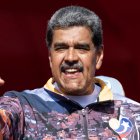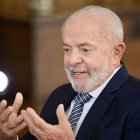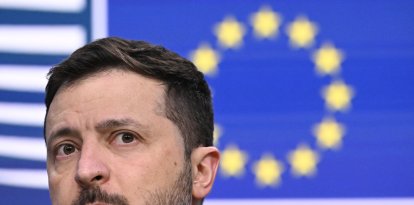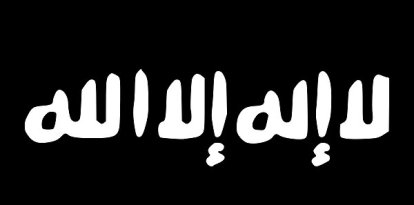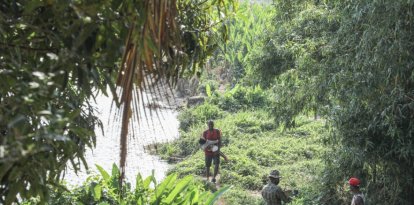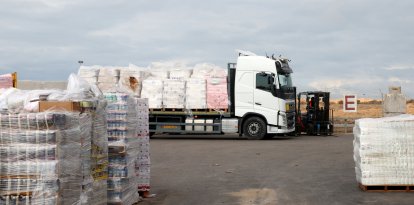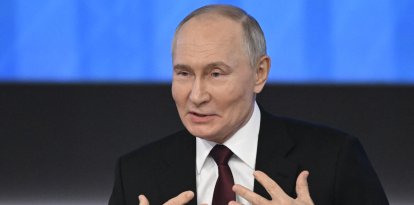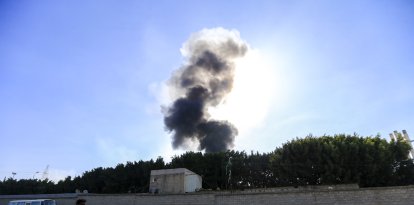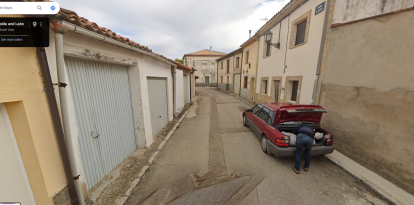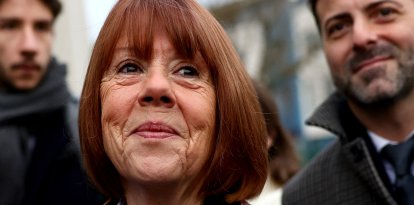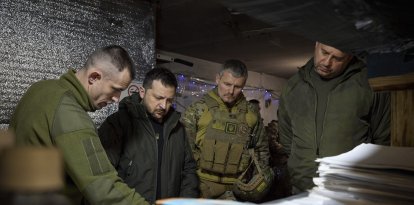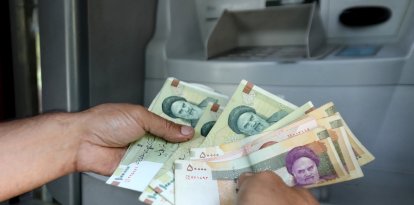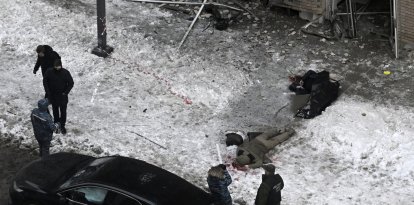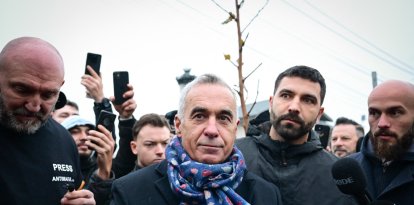Venezuela: Chavismo paves the way for electoral fraud and blocks the accreditation of electoral witnesses from the opposition
The Venezuelan opposition, which has complied to the letter with the registration process, should have some 90,000 representatives to watch over the votes on July 28th.

María Corina Machado, leader of the opposition; and Edmundo González, candidate of the opposition coalition.
It was a very busy and important day in Venezuela. María Corina Machado, the Venezuelan opposition leader; together with diplomat Edmundo González Urrutia; candidate of the opposition coalition, mobilized hundreds of thousands of people in Maracaibo, one of the most important cities in the country just five days before the elections. However, while Machado and Urrutia are moving people throughout Venezuela, the dictatorship of Nicolás Maduro is already paving the way for fraud, blocking the accreditation of the electoral witnesses who will watch over the integrity of the votes on July 28.
In a video published on X, three Venezuelan opposition members of the coalition Plataforma Unitaria Democrática (PUD) denounced the Maduro regime for blocking the registration process of witnesses through the Venezuelan National Electoral Council (CNE) system.
Former congresswoman Delsa Solórzano, one of the important faces of the opposition, said that the CNE has implemented several mechanisms in the automated system to slow down the accreditation of all opposition witnesses.
Solórzano emphasized that the blocking of these witnesses represents a very serious but subtle action on the part of Chavismo, since these representatives will play a determining role in trying to take care of the integrity of a questioned electoral process organized by Maduro's dictatorship.
"It has not been possible to advance in the massive accreditation of witnesses due to a system that, it seems, is designed to slow down the process", said Solórzano, who was accompanied by Juan Carlos Caldera, leader of the Primero Justicia party, and Perkins Rocha, campaign advisor of the PUD and spokesperson of the campaign command of González Urrutia.
The opposition, in particular, said that "accrediting one by one the witnesses (...) is practically impossible" due to the large number of witnesses presented by the opposition. Therefore, she asked the CNE to "solve the technical problem."
Caldera, during the video, denounced yet another technical problem: there are witnesses that are already loaded and have been approved by the system, however, when they go to verify them, the platform says that said witnesses do not exist.
"Our call (...) is to correct, immediately, this situation that exists around the witness accreditation system," the leader insisted.
Rocha, in a later press conference, gave specific numbers about the number of witnesses that are being blocked: "We are talking about 90,000 people that have decided to accept this enormous responsibility and prepare themselves (...). Without the proof of accreditation, I doubt that the Plan República (military deployment to guard elections) will give them access to the centers".
Machado, from denouncing the problem of witnesses to leveling in Zulia
For her part in a press conference, Machado, the leader of the opposition, condemned the risk of the obstacles put in the way by the electoral council controlled by Chavism: "The regime, through the CNE, intends to prevent our witnesses from having their accreditations, their credentials, to be able to do their work as of this Friday, July 26, in the installation of the polling stations."
"Today, the system of the National Electoral Council is not allowing massive accreditation, not even at an individual level in the localities. You know very well that the period for the postulation of witnesses began on July 28, and the following day we saw the first organization, with the card of the Democratic Unity Table, in which we postulated 99% of the main witnesses. Almost one month later, our witnesses still cannot print their credentials to be able to do their job."
.@MariaCorinaYA, líder de la oposición venezolana, denuncia trabas del régimen madurista, a través del CNE, para impedir acreditación de testigos en los comicios presidenciales de Venezuela @NTN24 pic.twitter.com/CdKfk0nmeT
— NTN24 (@NTN24) July 23, 2024
Machado, furthermore, said that the system problem was detected since last Thursday and was reported to the international observers.
"It is time for public opinion and Venezuelans to exert all the pressure. Because it is our right to be there and make sure that that overwhelming majority of Venezuelans who are going to vote for Edmundo González Urrutia can defend every vote," insisted the opposition leader.
After the press conference, Machado headed to a large caravan in the city of Maracaibo, in the state of Zulia, where she was once again awaited by a tsunami of Venezuelans hoping for a political change brought by her leadership.
El domingo, en solo 5 días, vamos a estar votando con orgullo y defendiendo nuestros centros.
— María Corina Machado (@MariaCorinaYA) July 24, 2024
Para ganar, cobrar y celebrar desde #Zulia, con esta energía que solo tienen los maracuchos.
Gracias por tanto cariño y entrega! Vamos a ganar! pic.twitter.com/creSzAyvaJ
Present in the caravan was Edmundo González, the career diplomat who, in an unusual political situation, ended up being the opposition candidate after Machado and her substitute candidate, the academic Corina Yoris, were electorally disqualified by the Maduro regime in an illicit move.
Despite the obstacles, Machado, Gonzalez and the opposition managed to form a popular coalition that today leads by a wide margin in the polls for next Sunday's elections. However, international analysts and experts agree that the possible scenarios for July 28 are complex and difficult to predict, with the Maduro regime facing the dilemma of accepting the results and negotiating a democratic transition or, on the contrary, upping the ante and again committing electoral fraud as was done in 2018 and 2013 in order to remain in power.





